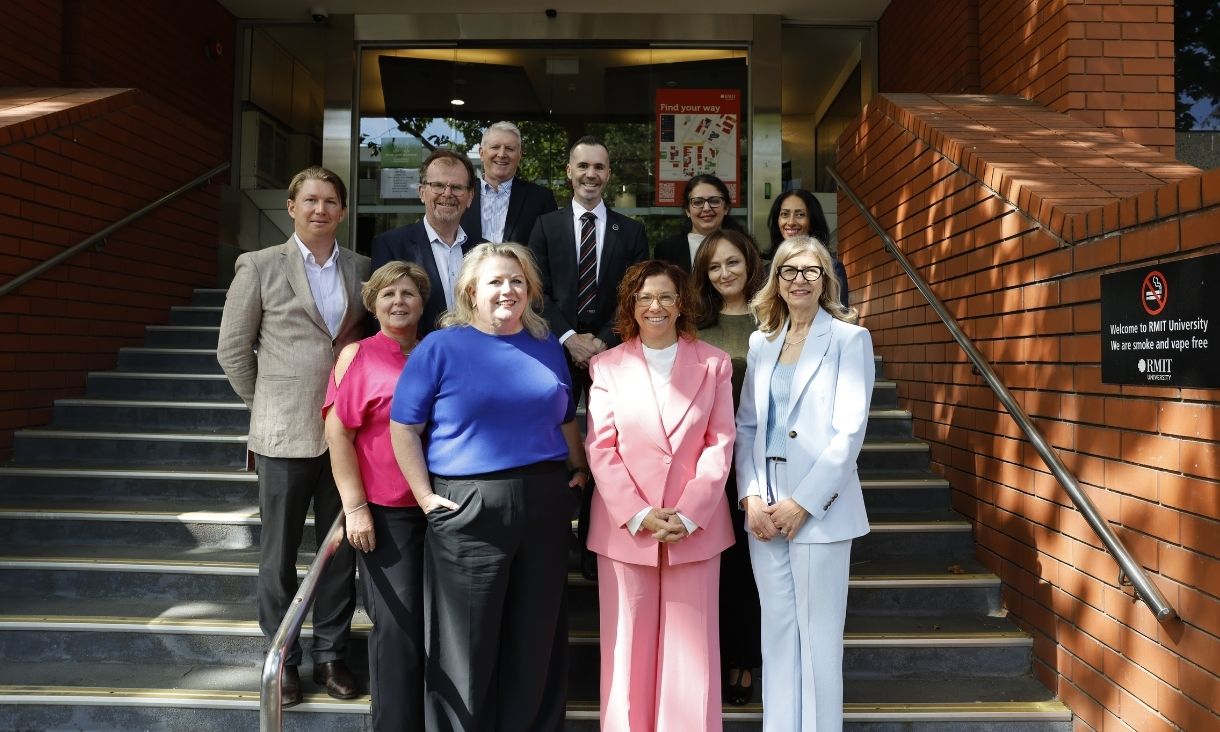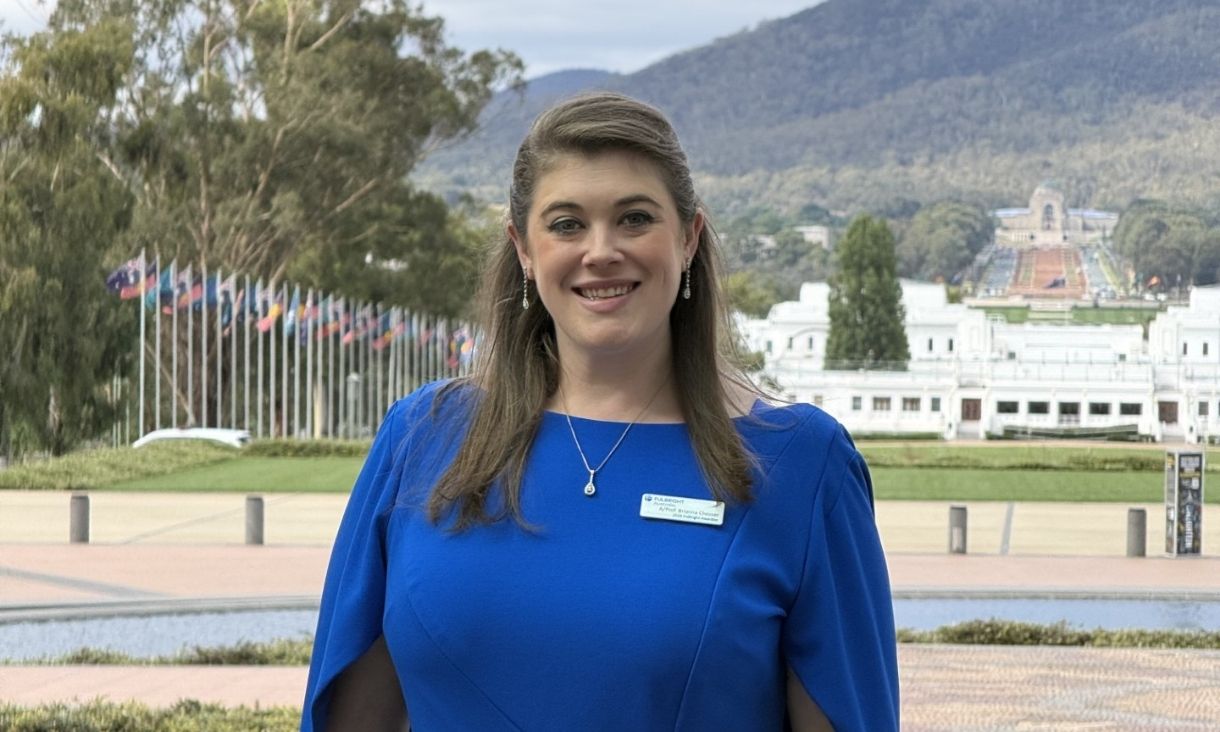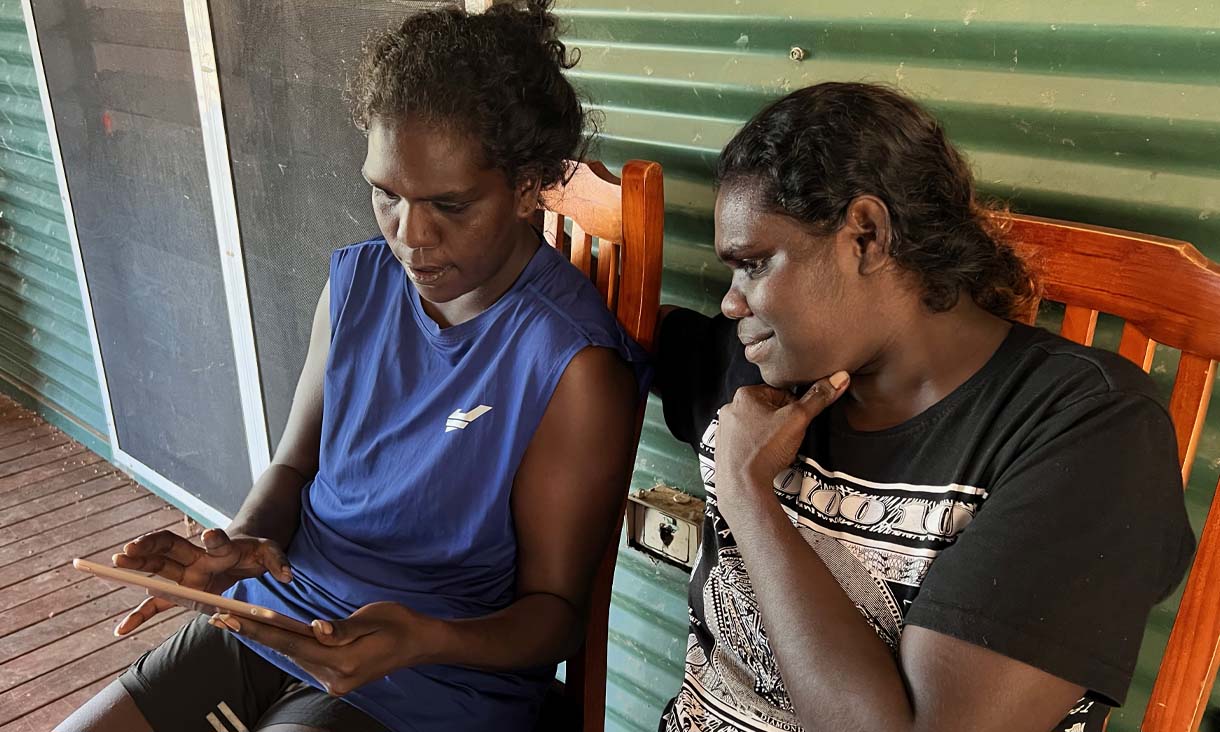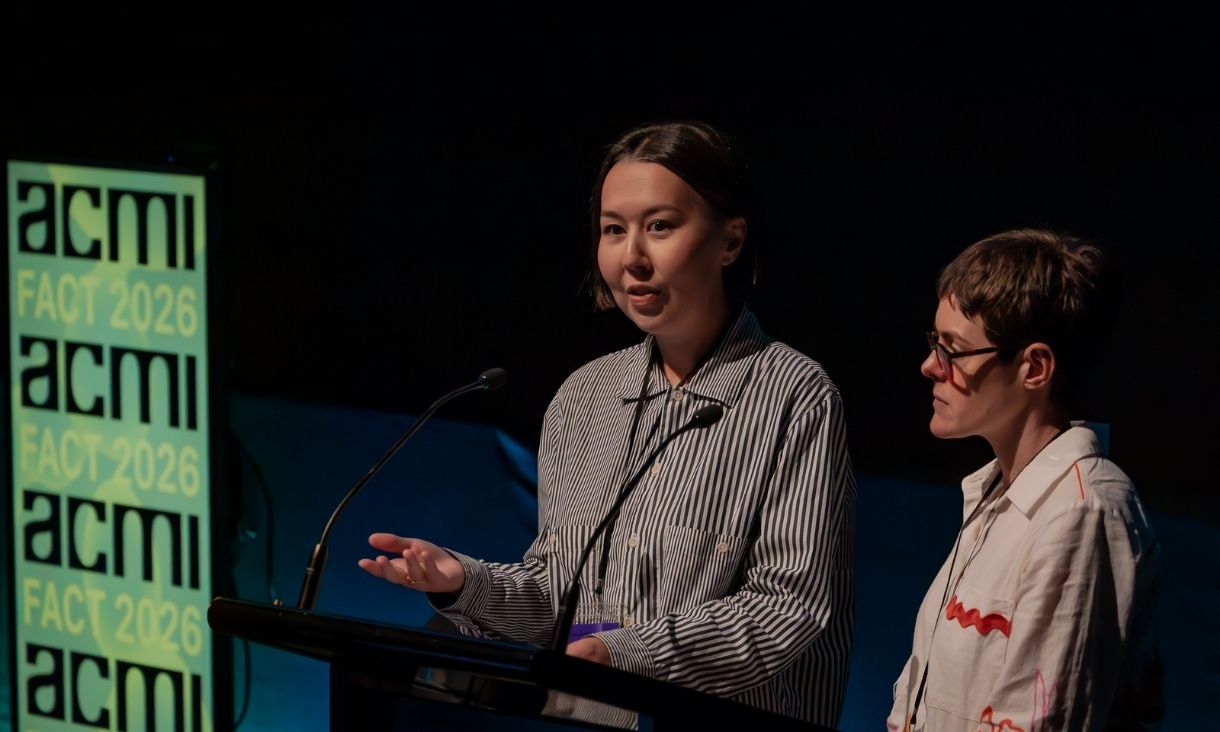RMIT welcomes Federal Minister to City campus for Earn and Learn showcase
The University was honoured to welcome Federal Minister for Employment and Workplace Relations, The Hon. Amanda Rishworth MP, to the City campus last week.
RMIT scholar awarded prestigious Fulbright to combat human trafficking
RMIT Associate Professor in Criminology and Justice, Brianna Chesser has been awarded a prestigious Fulbright Scholar Award to develop groundbreaking solutions to one of the world’s most pressing human rights crises: commercial sexual exploitation through human trafficking.
Free Wi‑Fi for 53 remote communities – RMIT experts react
The federal government last week announced plans to install free public Wi‑Fi in a further 53 remote communities, in a move aimed at narrowing the digital divide for First Nations Australians.
What does the future of arts, culture and technology hold? RMIT academics weigh in at ACMI’s FACT symposium
RMIT University academics joined artists, technologists and cultural practitioners from across the globe at ACMI's fourth annual FACT Symposium, contributing to three days of debate on the future of arts, culture and technology.







